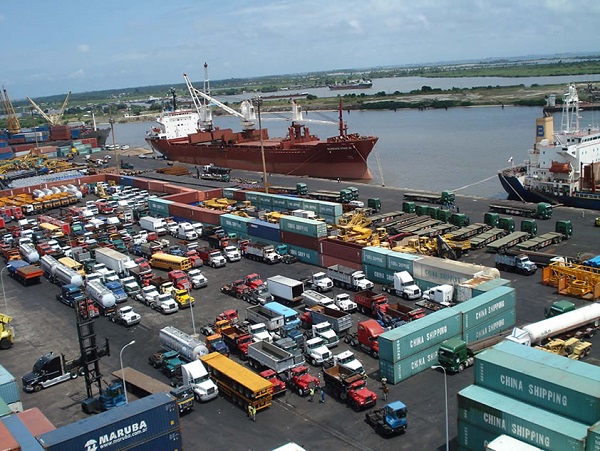This post has already been read 1002 times!
The President of the Ship Owners Association of Nigeria (SOAN), Greg Ogbeifun, has revealed that unfavourable trade policies and obsolete tax laws were the major setbacks to the Federal Government’s bid to establish a national shipping carrier in partnership with foreign private investors.
Ogbeifun, who stated this in Lagos, said the claims by the Minister of Transportation, Rotimi Amaechi, that the proposed national carrier failed following the failure of Nigerian shipowners to raise the 60 per cent stake allotted to them was false.
Ogbeifun, who was a member of the committee, said the committee had not reached the stage where indigenous shipowners were required to raise their equity contribution before PIL pulled out of the venture.
The shipping mogul, who is also the Chairman, Starzs Investments Company Limited, said the seeming lack of commitment and willingness by the Nigerian government to review the country’s tax laws informed PIL’s decision to withdraw from the deal.
“I know that our committee went to Singapore with the Minister of Transportation to sign an MoU with PIL. After signing the MoU, we returned only for PIL to write to the committee that they have looked at the extant laws and that the idea would not be viable unless the country reviews its tax laws in line with what other nations do to enable the establishment of fleet in the country
According to Ogbeifun there was a need for the government to review the import duty, tonnage tax and VAT laws due to the capital-intensive nature of the shipping trade
“For example, if I were to buy a crude oil tanker of Panama size and I am to spend $100 million or more to buy the tanker. If it is going to be registered in Nigeria, owned by a Nigerian company and crewed by Nigerians, our laws demand that I will pay import duty on that. If I am to draw from the experience of the last ship we built in China, it costs us approximately 14 per cent of the cost of building the ship in terms of import duty and other associated importation cost,” he stated.



